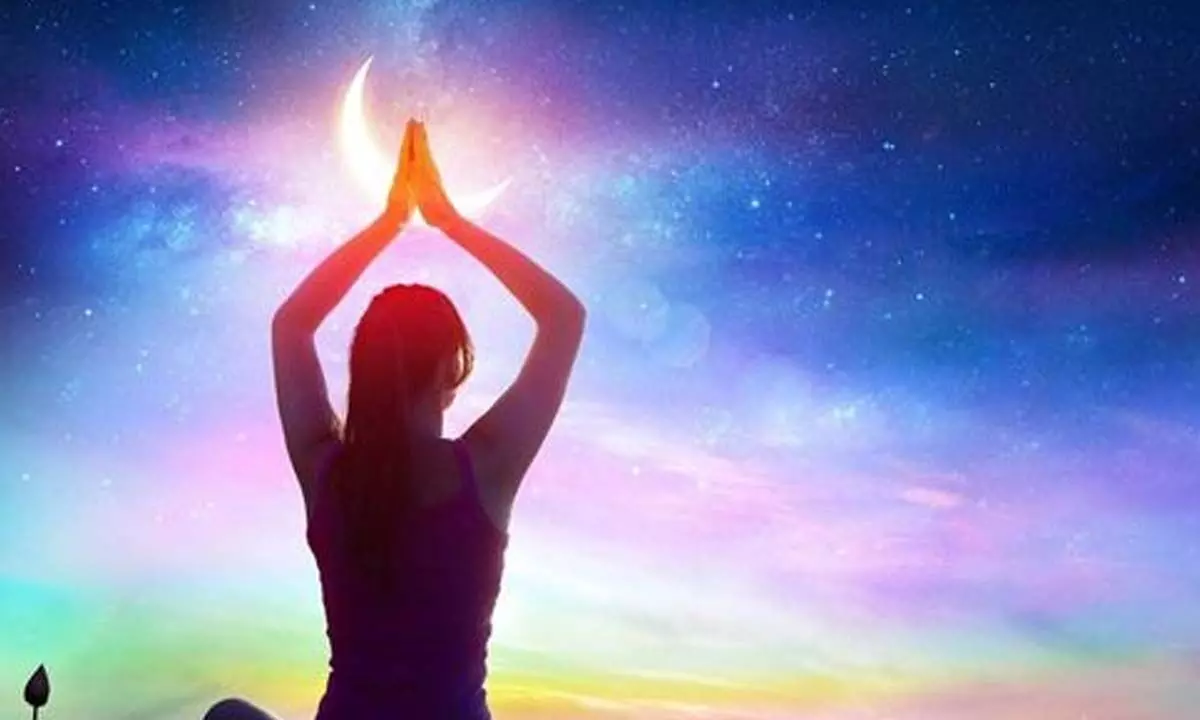Is India the karma bhumi?

Animal birth is for reaping the fruit of our sinful actions. It is called the bhoga-bhumi, the plane of reaping the fruit of action. This structure is to enforce morality in human society
Violations of law are tried in human courts, but there are many other actions which hurt people, and which are not tried by human courts. These are moral offences which are to be tried in God’s court. All religions postulate some system to handle this. Indian religions – Hinduism, Buddhism, Jainism, and Sikhism – postulate the idea of rebirth.
Creation is said to be origin-less, in the sense that we cannot say when it happened. It is because it is an eternal manifestation in the infinite consciousness, otherwise called Brahman. Creation, according to Upanishads, happens in cycles and all beings take birth again and again to reap the fruit of their actions. This continues till they realize their own nature as divine. There is an immaculate order in creation which appears to be due to some intelligent being. Creation is a small manifestation in Brahman which is not the creator. Vedanta visualizes an entity called God, to account for the cosmos and its orderly functioning. This cosmic being, God, is the one who controls the actions of all human beings and gives the fruit of their actions. This visualization is done to instill ethics in the human being.
We are not sure whether man is the only animal who comes under the purview of morality. Primatologists say that chimpanzees empathize and cooperate with one another and even resolve disputes. Penguins are said to mate with only one penguin of the opposite sex. Ants queue up for food. All this is close to the moral behaviour of humans.
However, we are concerned with social order in human society. The Indic religions propose that the human being has to get the fruit of his action, good or bad. They hold that a mix of good and evil actions result in a person getting a human birth. There are grades even in human birth. A pious person attains birth in a pious environment. If one had been a philanthropist, he attains birth in a rich and pious family (Gita 6-41,42). A person with a mix of good and bad actions would get an ordinary human life of struggle. Predominantly evil actions would result in a person being born as an animal or insect. Vedanta steps down from the level of reasoning to a tentative belief system in order to regulate society. It accepts the idea of karma for the following reasons.
It explains the diversity in creation. One is born poor and another rich. One is born handsome and healthy, and another may be physically challenged. One could be virtuous, and the other is wicked. We cannot say that it is God’s will and that he can create people as he wishes. It would mean that God is partial to some and harsh to others. God is judicious. Secondly, the idea of karma holds a person responsible for his/her actions and their consequences. It is a useful postulation to ensure that people would do good work and contribute to social harmony. We may note that it is the very opposite of fatalism. It exhorts man to be the master of his destiny.
This opportunity of being the master of one’s destiny exists only in human life. We do not know whether a chimpanzee would also have some chance of graduating to human level. Indic texts say that human life is the stage (bhumi) in which a person can do good or bad deeds (karma). Purification of actions leads to purification of mind, which makes a person eligible for contemplation on ‘who am I?’ In that sense human life is karma bhumi. In the puranas, however, we find statements that Bharat varsha is karma bhumi. A question would arise whether all good action done in America or Africa is of no use. It cannot be so. Hence statements about Bharat varsha are to be taken as laudatory in nature. Vedanta is universal, and hence one cannot say that actions give fruit in India only. Animal birth is for reaping the fruit of our sinful actions. It is called the bhoga-bhumi, the plane of reaping the fruit of action. This structure is to enforce morality in human society.

